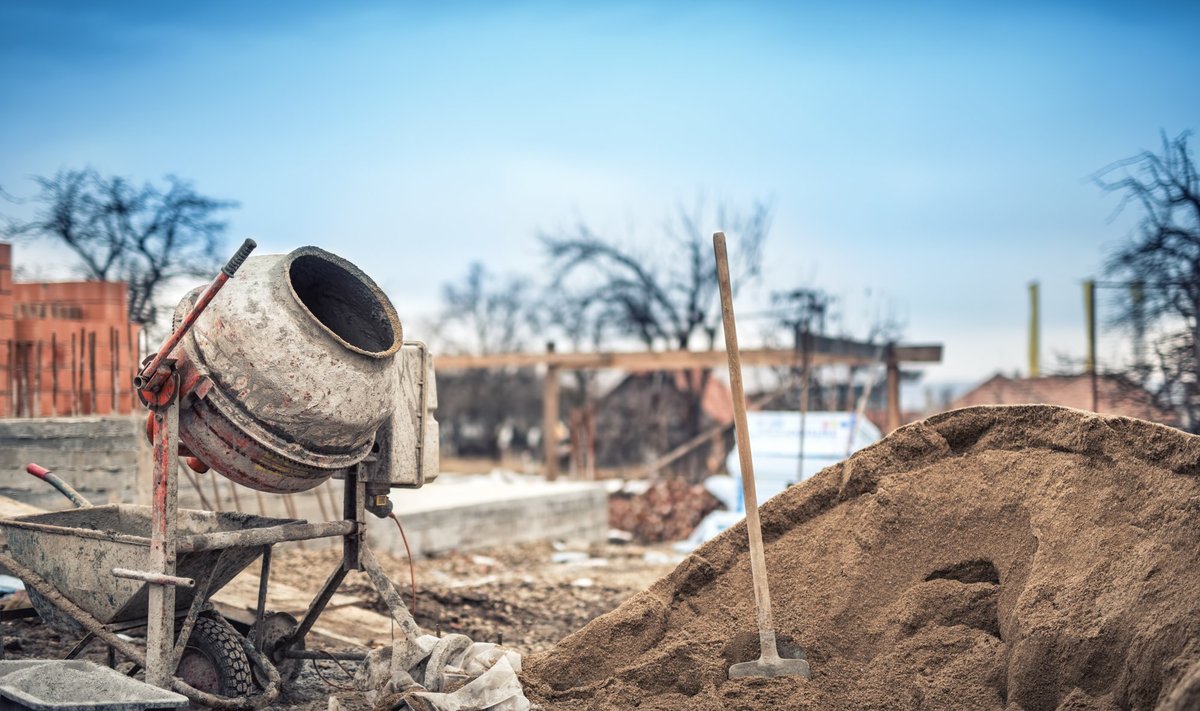Sanctions are being implemented pursuant to the regulation adopted by the EU and the assessments of the European Commission and in consultation with the EU executive, the Lithuanian Customs has said.
Restrictions on cement, alcohol and a number of other goods have been provided for in the package of sanctions adopted on April 8. The EU then added some of the goods, which have been regularly transported to Kaliningrad via Lithuania by rail, to the lists of restrictive measures, providing for different transitional periods and the terms of the coming into effect.
A ban on the transit of Russian steel and ferrous metals through the EU territory came into force on June 17, which Russia then slammed as hostile and unilateral Lithuania’s actions and a blockade of Kaliningrad, a Russian exclave sandwiched between Poland and Lithuania.
Lithuania, in its turn, rejected the allegations dismissing Russia’s information as propaganda and reminding that transit was subject to EU sanctions.
The European Commission stated shortly thereafter that it would work on a clarification of how the existing sanctions on Russia should apply to the Kaliningrad transit.
Lithuanian Prime Minister Ingrida Simonyte said early in June that Lithuania maintained a consistent stance that the provisions of the regulation should be implemented.
Meanwhile, Laima Liucija Andrikiene, chair of Lithuania's parliamentary Committee on Foreign Affairs, confirmed it to the 15min.lt news website last week that the possibility of issuing one-off permits for the transportation of cement in exceptional cases was now on the table.
A ban on the transit of coal and other solid fossil fuels is set to enter into force on August 10, followed by a ban on Russian oil and its products from December 5.
